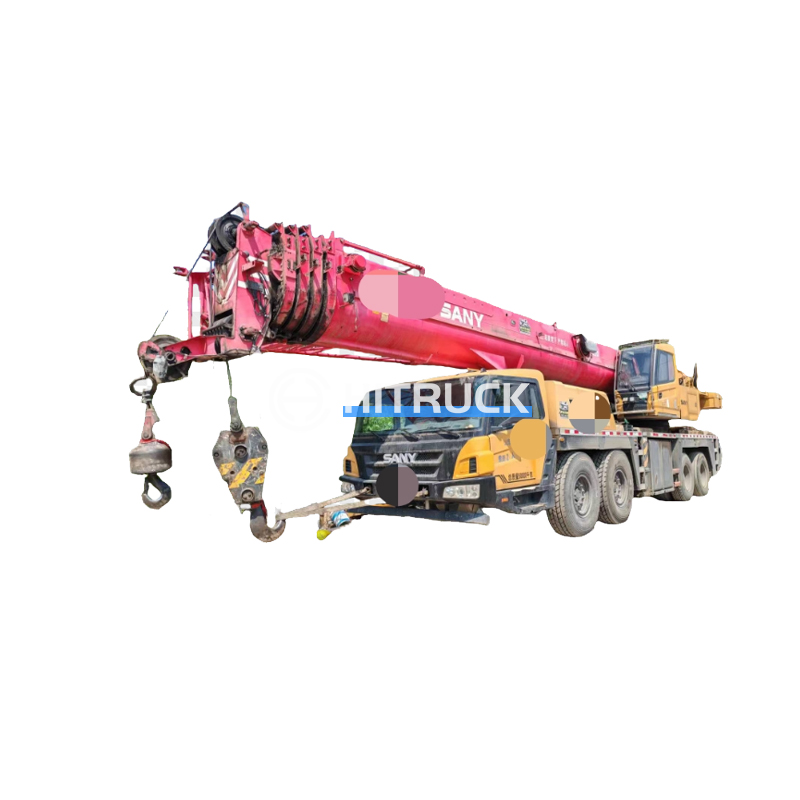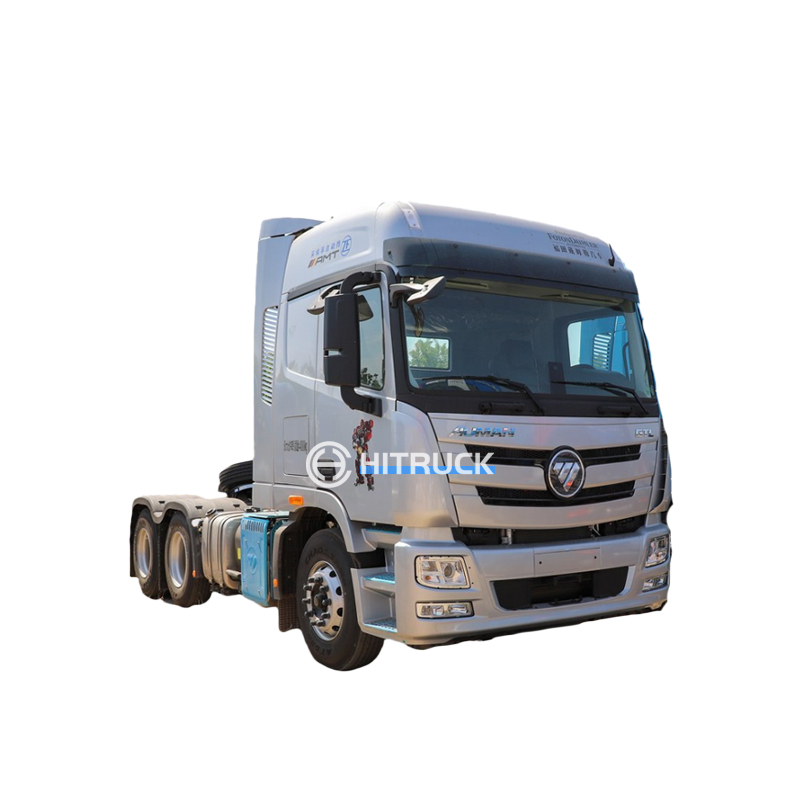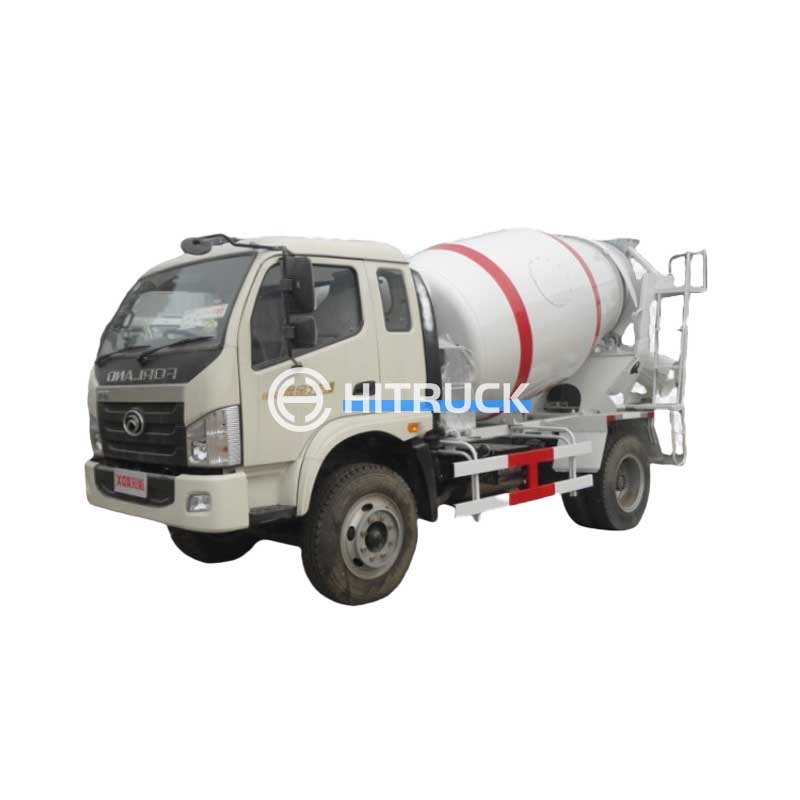AC Tower Crane: A Comprehensive GuideAC tower cranes are essential for modern construction projects, offering versatility and efficiency in lifting heavy materials to significant heights. This guide provides a comprehensive overview of AC tower cranes, exploring their types, applications, safety considerations, and maintenance needs.
Types of AC Tower Cranes
AC tower cranes, also known as luffing jib cranes, are characterized by their ability to luff (change the angle) of their jib, allowing for greater flexibility in reach and placement of loads. Several types exist, each with its own strengths and weaknesses:
Hammerhead Cranes
These are the most common type of
AC tower crane. They feature a horizontal jib and are suitable for a wide range of construction tasks. Their large lifting capacity and wide reach make them ideal for large-scale projects. However, they may require more space for assembly and operation.
Flat Top Cranes
Flat top
AC tower cranes have a slewing mechanism at the top of the tower, resulting in a more compact design than hammerhead cranes. This makes them suitable for projects with limited space. While their lifting capacity might be slightly lower, they are often more cost-effective for smaller to medium-sized projects.
Fast-Erecting Cranes (FECs)
FECs are designed for rapid assembly and disassembly. They are particularly useful for shorter-term projects or those requiring quick setup and takedown. Their smaller size and lower lifting capacity make them less suitable for large-scale projects.
Applications of AC Tower Cranes
The versatility of
AC tower cranes makes them applicable to a wide range of construction projects: High-rise buildings Bridges Dams Wind turbine installations Industrial plants Infrastructure projects
Safety Considerations
Safety is paramount when operating
AC tower cranes. Regular inspections, operator training, and adherence to safety regulations are crucial. Important safety considerations include: Proper assembly and disassembly procedures Regular inspections of all components Qualified and trained operators Adherence to load limits Weather conditions monitoring Emergency procedures
Maintenance and Inspection
Regular maintenance is key to extending the lifespan of an
AC tower crane and preventing costly downtime. A well-maintained crane ensures both safety and efficiency. Maintenance procedures typically include: Lubrication of moving parts Inspection of cables and ropes Checking of brakes and other safety mechanisms Regular inspections by certified technicians
Choosing the Right AC Tower Crane
Selecting the appropriate
AC tower crane for a specific project requires careful consideration of factors such as: Lifting capacity Jib length Maximum height Site conditions BudgetTo ensure you acquire the right crane, consult with experienced professionals and consider obtaining quotes from several reputable suppliers. You might even find useful information on specialized construction equipment websites, like
Hitruckmall.
Comparison of Different AC Tower Crane Types
| Crane Type | Lifting Capacity | Jib Length | Assembly Time | Suitability ||--------------------|----------------------|----------------------|---------------------|-------------------------------------------|| Hammerhead | High | Long | Longer | Large-scale projects, high lifting needs || Flat Top | Medium to High | Medium to Long | Moderate | Medium-sized projects, space constraints || Fast-Erecting (FEC) | Low to Medium | Short to Medium | Short | Short-term projects, quick setup needed |Note: Lifting capacity and jib length can vary significantly depending on the specific model.This information is for general guidance only. Always consult with qualified professionals and adhere to all relevant safety regulations. Specific details and specifications should be obtained from manufacturers and relevant industry standards.
Source: Manufacturer websites and industry publications












